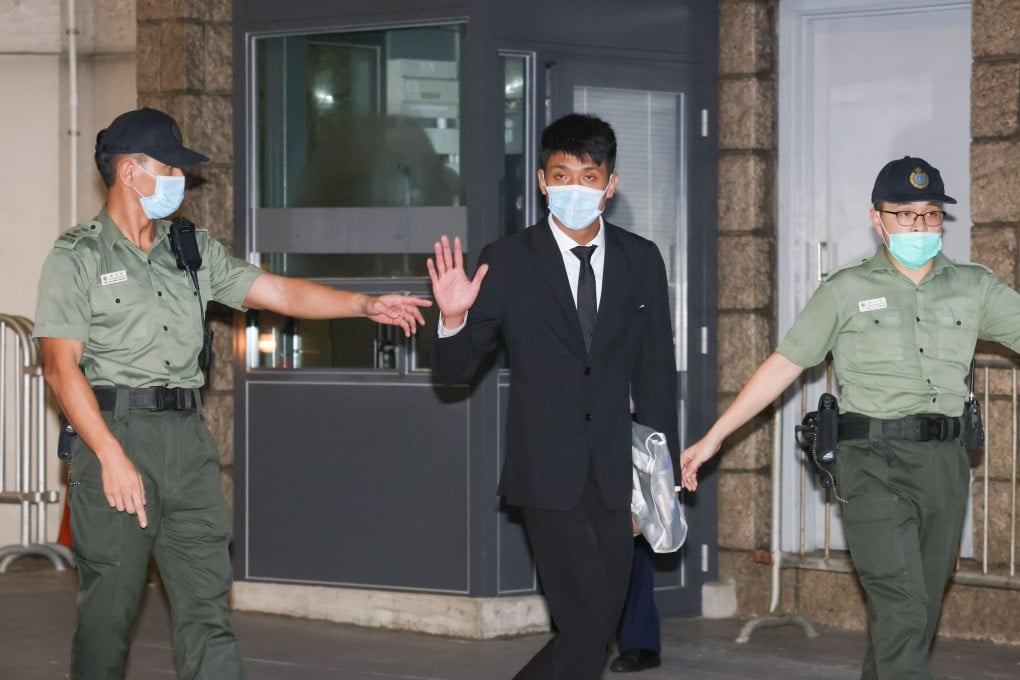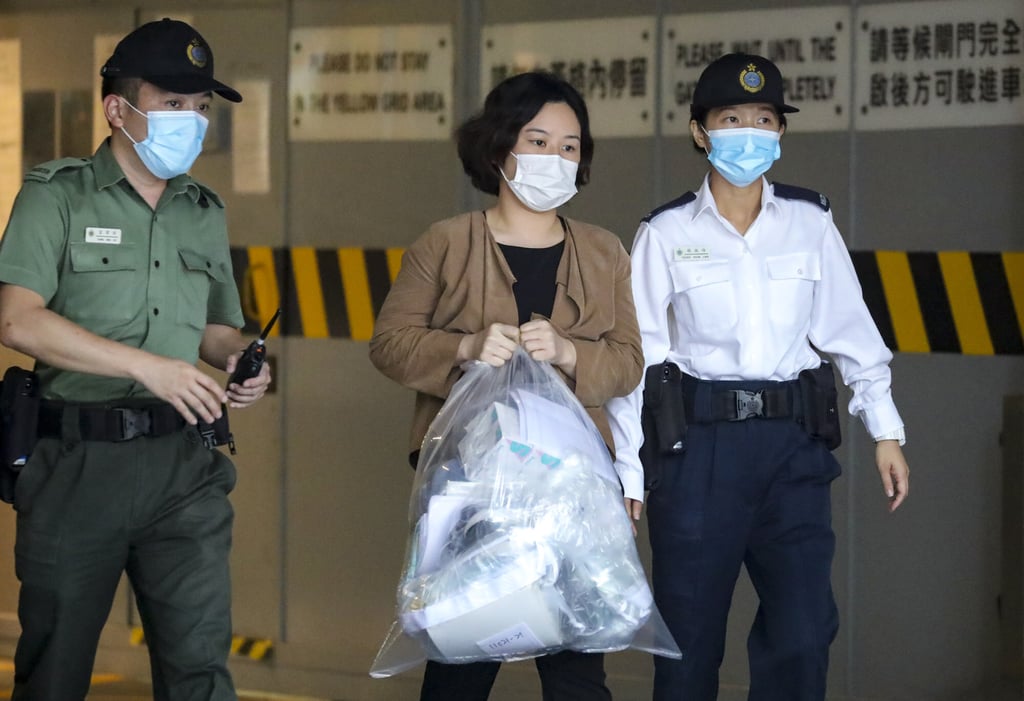Editorial | Backlog of Hong Kong cases must be cleared so justice is not delayed or denied
- A judge has expressed concern about the ‘long delay’ in the trial of 47 opposition activists, most of whom have been waiting in jail for more than a year

The principle that people accused of crimes should be brought to trial quickly is an important safeguard underpinning the judicial process. There is a balance to be struck because trials must also be fair.
It takes time for the necessary procedural steps to be taken, especially during a pandemic when court proceedings have been disrupted.
But the delay experienced by 47 opposition activists accused of subversion under the national security law is longer than would normally be expected. They have already been waiting more than a year and their trial is still not in sight.
The slow progress prompted a judge this week to call for action. Esther Toh Lye-ping was giving her reasons for refusing bail to one of the defendants. It was the second time he had applied. While the judge did not agree that the high threshold for granting bail imposed by the security law had been met, she expressed concern about the “long delay” in proceedings.
The court sympathised with a submission from the defendant’s lawyer that the long wait “militates against fairness to her client”.

The judge’s remarks should serve as a wake-up call. Thirty-four of the defendants in this big, unprecedented case are in jail while awaiting trial.
